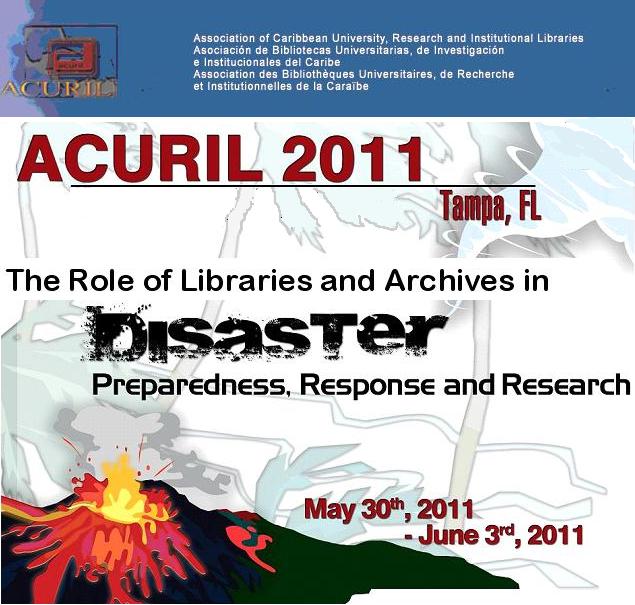What Does "Coordination?" Mean: Understanding Disasters as Social Interaction
Theme
The roles of libraries and archives in disaster research
Start Date
2-6-2011 10:30 AM
End Date
2-6-2011 12:00 PM
Document Type
Presentation
Description
Hurricane Katrina, 911, the BP Oil Spill, and H1N1, have all been have been described as “unnatural disasters” -- events that cannot be separated from social concerns or political interests. In their aftermath, they are accounted for in social terms such as “poor decision making,” “lack of coordination,” and “crisis of leadership," accounts which do very little to explicate the in the moment interaction and step by step choices of participants that set disaster outcomes in motion. Using a unique data set of nine recorded and transcribed telephone calls between local, state, and federal officials that took place just prior and during Katrina's landfall until loss of communication (from August 25 to August 29, 2005), where officials discussed parish evacuations (as per weather report and contributions by Governor Blanco ), contraflow, opening shelters, when to make announcements, and that FEMA “commodities coming into the state” were “in full swing,”I use discourse analysis to look closely at how "coordination" is accomplished in features of participants' communication. Discourse analysis (DA) is an inductive method within the language and social interaction tradition which analyzes talk in interaction and the embeddedness of talk in the social order. It takes talk as consequential: that is, talk accomplishes (or does) social action and it is enacted within a social matrix. DA connects the content and functions of participants’ talk to its implications. I am interested in showing how choices in direct vs indirect communication, accountable vs unaccountable formulations, and the maintenance vs the violation of a pre-set structure in the phone call meetings are all indicative of the situated construction of "coordination" in disaster settings. Specifically, I analyze how risk is accomplished both in strategies of indirect and direct communication. Phone call data from Katrina can thus act as a spring board to develop a model of coordination applicable to other disaster settings, and the starting point for understanding the viability of additional discourse data from interviews and testimony accounts where participants reconstruct "coordination" after the fact to the prevention of disaster.
What Does "Coordination?" Mean: Understanding Disasters as Social Interaction
Hurricane Katrina, 911, the BP Oil Spill, and H1N1, have all been have been described as “unnatural disasters” -- events that cannot be separated from social concerns or political interests. In their aftermath, they are accounted for in social terms such as “poor decision making,” “lack of coordination,” and “crisis of leadership," accounts which do very little to explicate the in the moment interaction and step by step choices of participants that set disaster outcomes in motion. Using a unique data set of nine recorded and transcribed telephone calls between local, state, and federal officials that took place just prior and during Katrina's landfall until loss of communication (from August 25 to August 29, 2005), where officials discussed parish evacuations (as per weather report and contributions by Governor Blanco ), contraflow, opening shelters, when to make announcements, and that FEMA “commodities coming into the state” were “in full swing,”I use discourse analysis to look closely at how "coordination" is accomplished in features of participants' communication. Discourse analysis (DA) is an inductive method within the language and social interaction tradition which analyzes talk in interaction and the embeddedness of talk in the social order. It takes talk as consequential: that is, talk accomplishes (or does) social action and it is enacted within a social matrix. DA connects the content and functions of participants’ talk to its implications. I am interested in showing how choices in direct vs indirect communication, accountable vs unaccountable formulations, and the maintenance vs the violation of a pre-set structure in the phone call meetings are all indicative of the situated construction of "coordination" in disaster settings. Specifically, I analyze how risk is accomplished both in strategies of indirect and direct communication. Phone call data from Katrina can thus act as a spring board to develop a model of coordination applicable to other disaster settings, and the starting point for understanding the viability of additional discourse data from interviews and testimony accounts where participants reconstruct "coordination" after the fact to the prevention of disaster.


